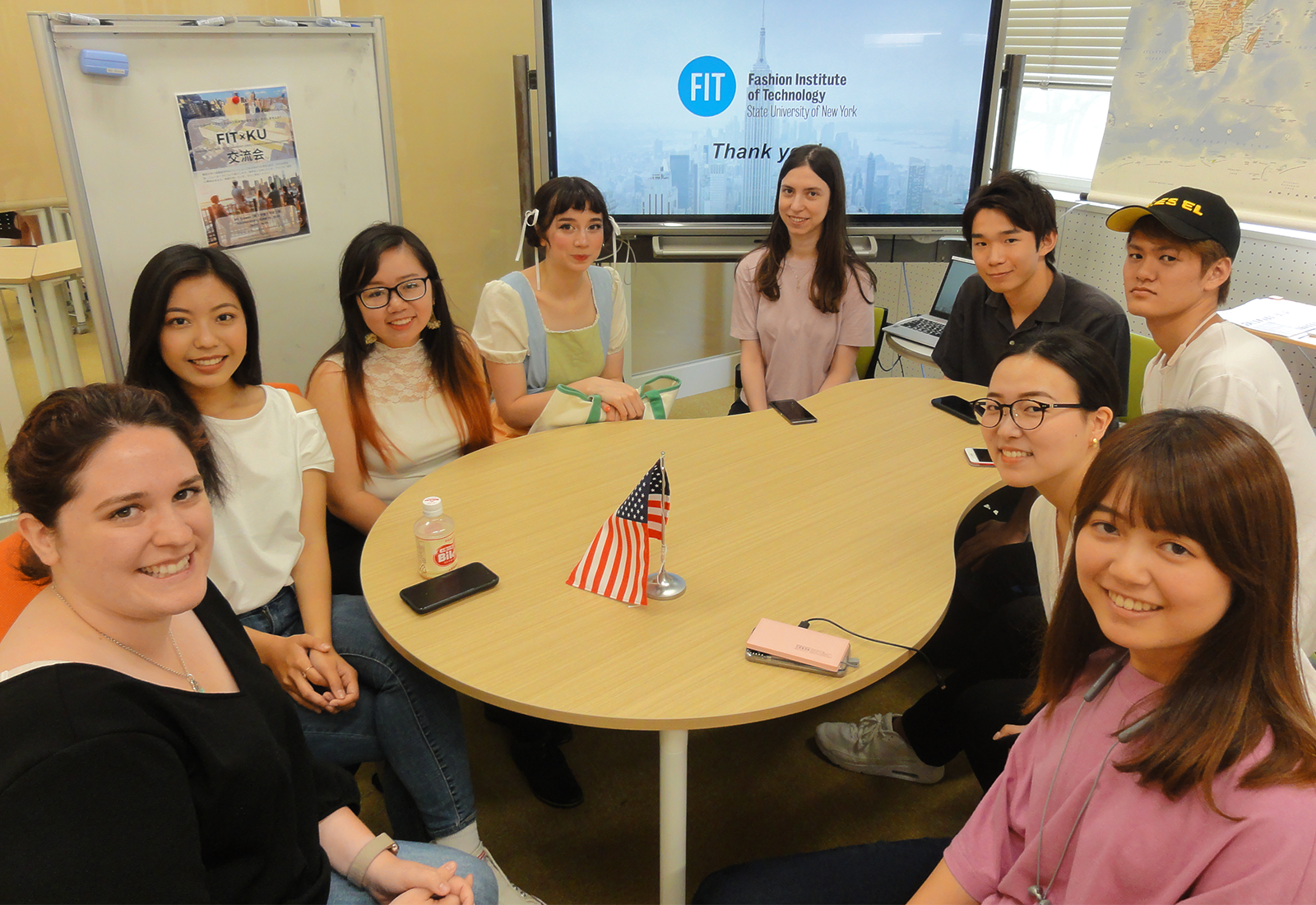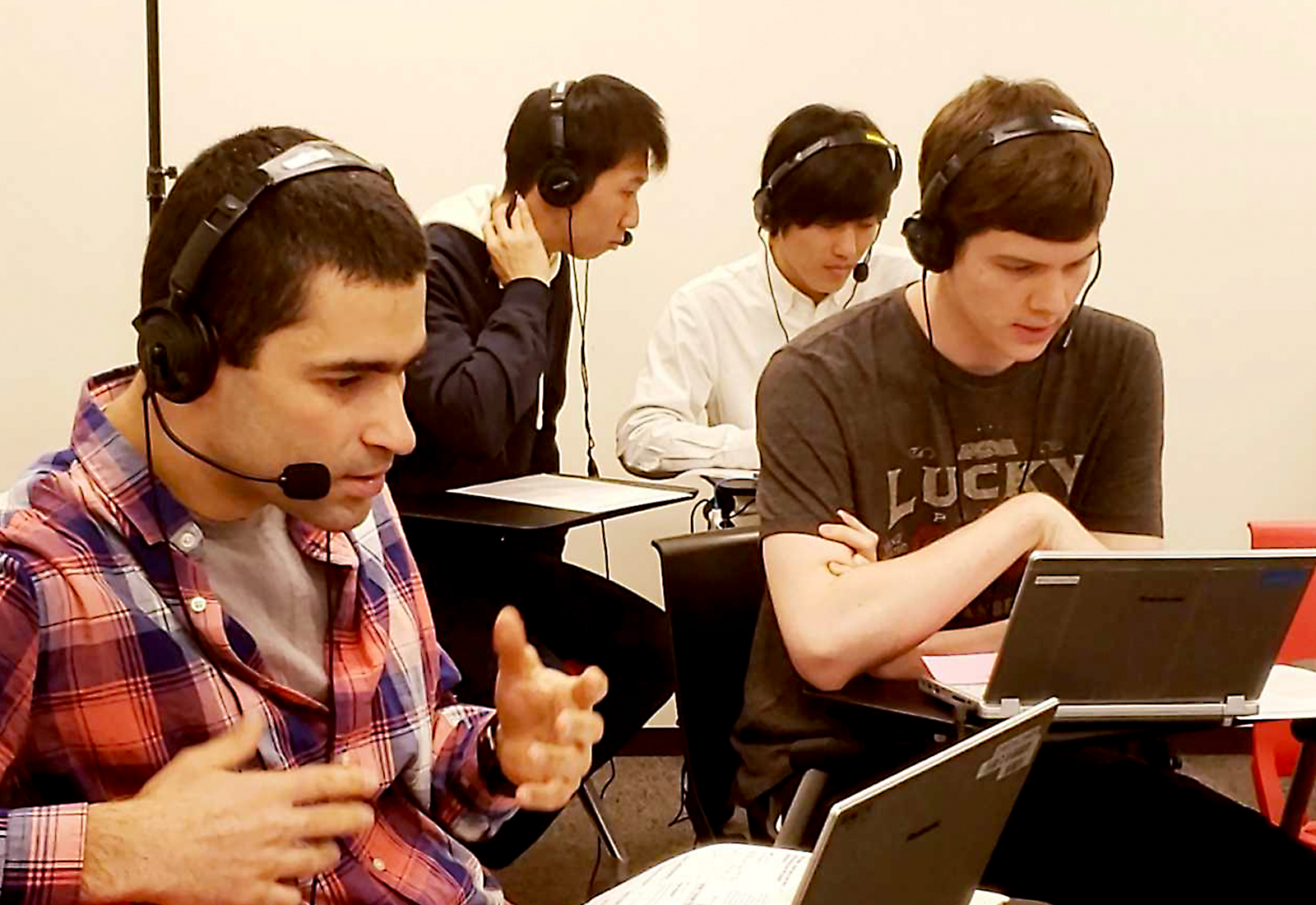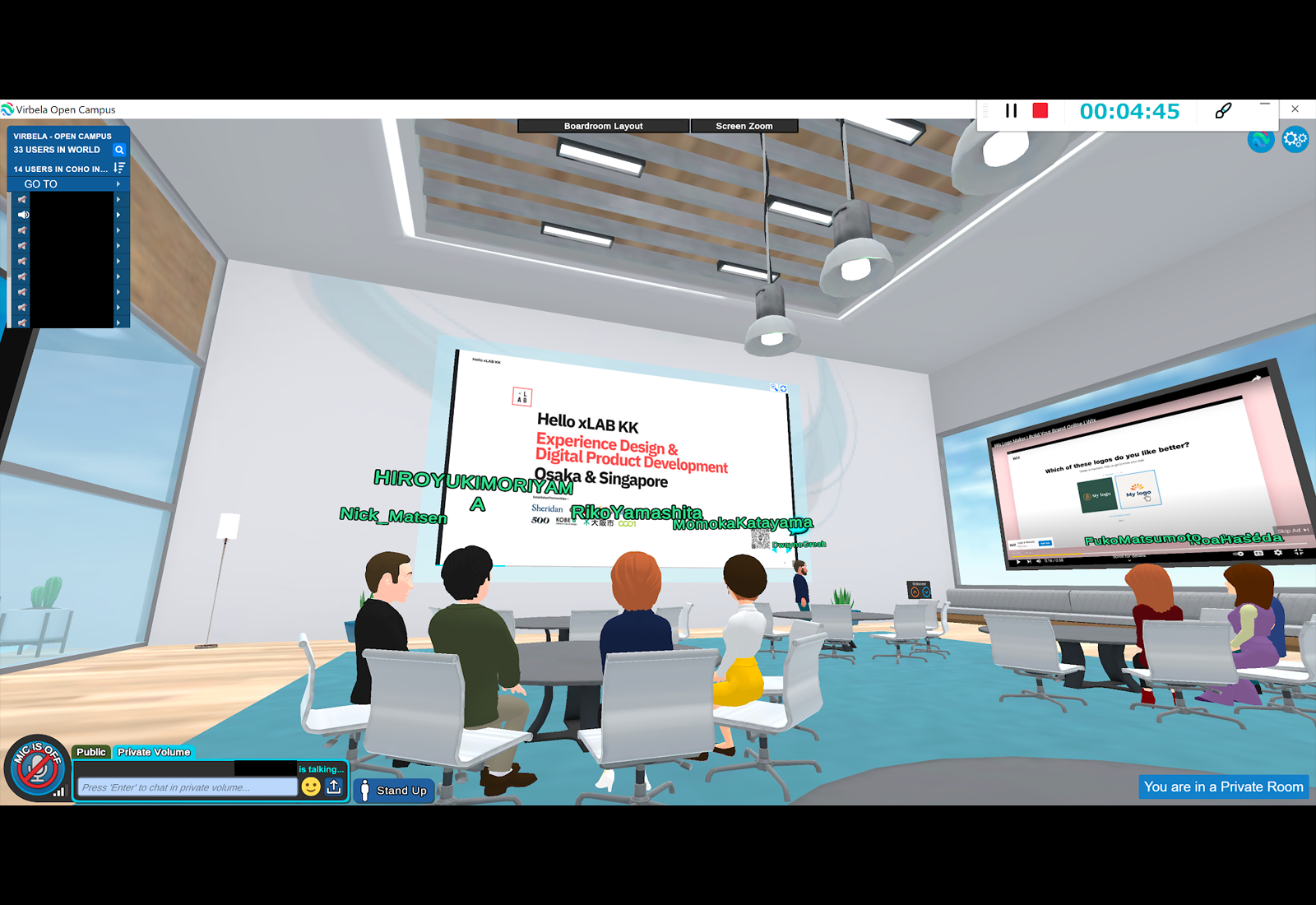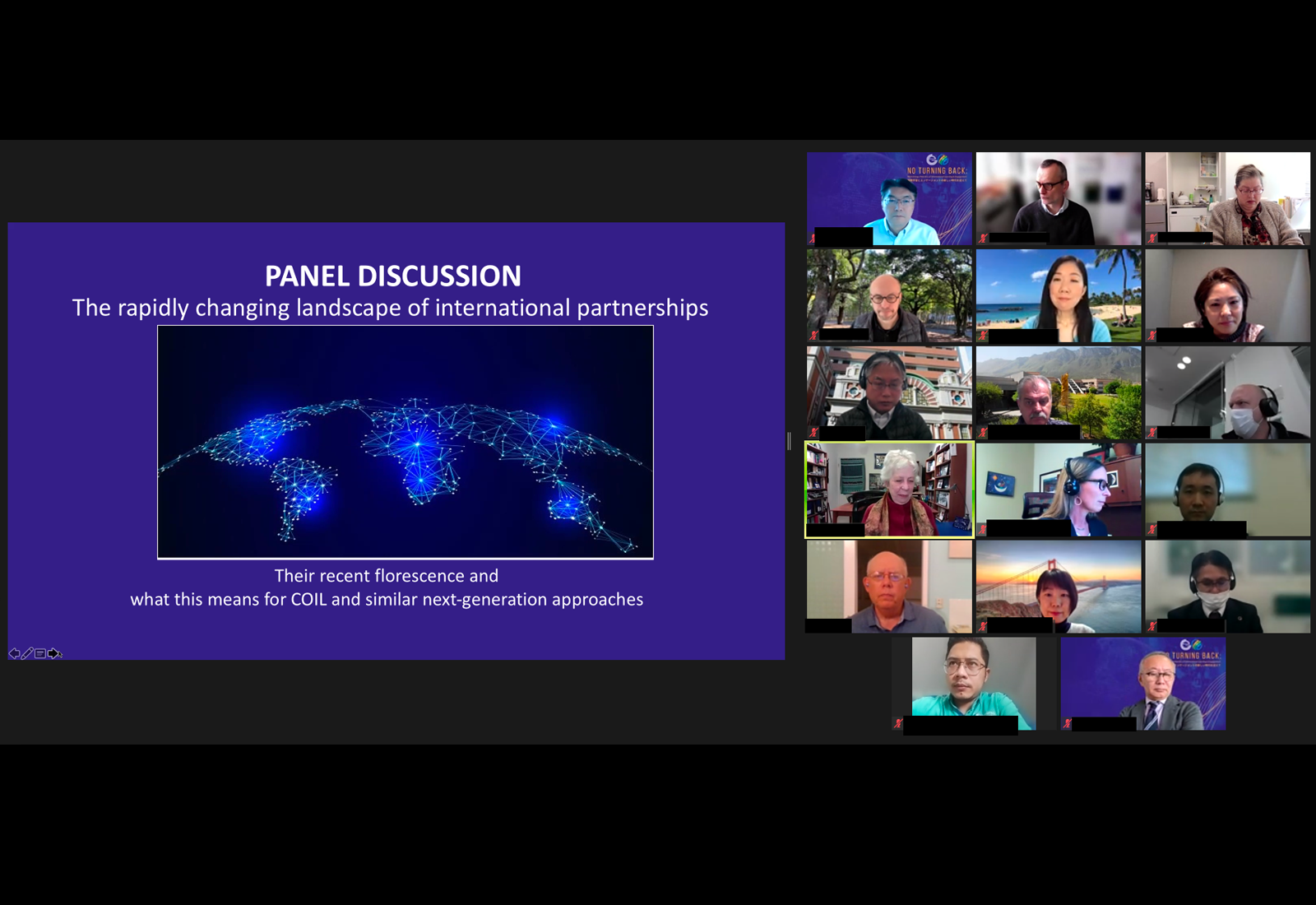What is COIL?
The COIL method is a cost-effective method of expanding global learning opportunities for greater numbers of higher education students.
Since the introduction of COIL at the State University of New York(SUNY in 2004, the number of universities around the world that have adopted COIL in their classes has been increasing.In Japan, our university was the first in the country to introduce COIL in 2014.
COIL is an innovative pedagogy involving collaborative teaching and learning in two or more countries facilitated by online communication that has been developed and promoted by SUNY COIL Center. Delivering global learning and intercultural experience to greater numbers of Japanese students has been a priority of Kansai University, and IIGE seeks to expand this through COIL promotion and delivery, with the COIL approach being affordable, accessible, and scalable. In practice, COIL involves faculty from Japanese and other universities collaborating with their Japanese counterparts to develop joint syllabi, and students in the two countries then work together to complete assignments that meet shared learning objectives.
Benefits of Implementing COIL (Collaborative Online International Learning)
COIL is a method of international and interactive education that applies the evolution of online educational methods to international inter-university exchange. Using ICT tools, COIL enables virtual collaboration between students at geographically distant institutions through project-based learning in various fields. In addition, the following outcomes and benefits can be expected from the introduction of COIL, regardless of faculty or field of study.
-
01.Internationalizing the Curriculum
- Building international knowledge and experience
- Providing opportunities for cross-cultural exchange
- Raising awareness of understanding of self and others

-
02.Providing High-Standard International Education
Developing students' language, leadership, communication, and management skills

-
03.Fostering the Next Generation of Global Human Resources
Cultivating the creativity, critical thinking, and media literacy essential to 21st century society

-
04.Improving Research
Building new education and research partnerships
